Recently, I asked my audience what you would ask a freelance writing consultant if you had one question.
Here are the top questions I received and my rapid-fire answers. I hope it helps.
1. How much should freelance writers charge - $$$?
Knowing what to charge is one of the most difficult things about starting a freelance writing business. You don't want to undercharge and be poor. You also don't want to charge so much that you never get a client.
But, what are those magic numbers?
Last year, I surveyed and interviewed hundreds of freelancers like you and me. I scoured through the data and created a FREE 34-page benchmark report with answers to all your pricing questions.
This report has been called "so helpful," "well-researched," "baller," "amazing," and only one of those comments came from my mom, so you know it's worth checking out.
Get the report here.
2. What is the most effective lead-generating tactic?
I am taking this to mean what is the best way to get ongoing freelancing clients. Here's what to do:
Do a good job when you get your first client. Take the lead, give your clients a content brief to fill out, write an outline for approval, deliver quality work, and deliver on time. If you nail the job, you can usually count on additional work. You can also feel comfortable asking the client for referrals. And, do ask for referrals. Say, "Hi! Thank you so much for letting me work on this project. It was so fun to work with you. My business runs on referrals, so if you know of anyone that needs a content marketer, I'd love an introduction."
Build a community. Freelancing is inherently a bit lonely, but it doesn't have to be completely isolating. Hop on Twitter and start engaging with people that do what you do. If you have a chance to attend an in-person networking event, do it. Your friendships and relationships will help.
Pick a niche. When I first started freelancing, I wrote about anything for anyone. Most new freelancers do. Over time, find out what you're good at and what you like and focus on that. For example, I personally can write about education, data, and international travel, but I don't. People know me as a SaaS/ecomm long-form writer. When those projects pop up, people think of me. Focusing makes you an expert, makes you "sticky" in others' mind, and it helps you build your portfolio faster.
That's what I got on that for now.
3. How do you track metrics once your work is with the client?
This one is hard. The only way to get metrics is to ask your client to hook you up. I recommend putting together a customer satisfaction survey after you've worked with a client. Ask them how it's going, how to improve, provide a testimonial, and share any relevant results.
4. What is the best way to secure clients that pay a good rate?
My advice for this question is two-fold. First, don't say "yes" to projects that don't pay well. I have been guilty of this several times (bc anxiety), and it never pans out well. The earlier in your career that you start saying "no" to low-paying projects, the faster you'll start making more money.
My second bit of advice is to tell your clients what you charge, not ask them what their budget is. I tell clients what I charge in the very first email.
My welcome email goes kinda like this, "Hey, I'm Ashley. This is my process. This is what I charge. If this sounds good, let's chat."
5. What do you do when you have more work than you can handle?
When I have more work than I can handle, I do one of the following:
Refer it to another SaaS/ecomm copywriter friend
Hire one of those SaaS/ecomm copywriter friends to tackle it with me
Hire a subcontractor
Say "no" to bad projects to keep my schedule more open
Fire clients that are lame and replace them with new clients
Take on the work and then stay up at night working and crying (don't do this one)
Write on!








